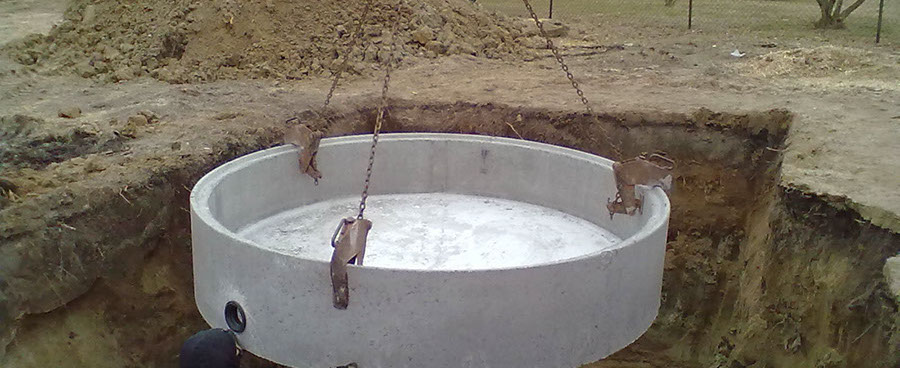

Software will be integrated and coupled with hardware. We will see some changes and acceleration in the development timescales. It is about failing as early as possible and then coming up with new ideas. There are so-called sprints, which are projects that are completed after a maximum of a few months. Testing and a selection process are necessary to identify useful tools. Not everything will be meaningful and successful in all areas. It slowly evolves into certain areas, creating beacons that attract other things. This is an ongoing process it will not be a single jump. What should we imagine a successful implementation of Industry 4.0 to look like? Will we be surrounded by R2D2s and drones and guided by ultrafast access to and connections between huge amounts of data? What sort of timeframes are we talking about? Hence, Industry 4.0 consists of the “Internet of Things” as well as many tools from digitalization such as platform solutions, machine learning, and artificial intelligence (AI). Everything is linked together over a network, thereby creating new market dynamics. Industry 4.0 is a term that was coined for the Hannover Trade Fair in 2011 and describes the interlinking of hardware and software for manufacturing and services along the entire supply chain. How do you define Industry 4.0.? How is it connected to digitalization? Norbert Kockmann summarized the results of the symposium at the ProcessNet meeting where he gave the first Chemie Ingenieur Technik Lecture (CIT Lecture). Around 100 top-class experts and decision-makers from the chemical and process industries met in April 2018 in Tutzing, Germany, to discuss the challenges and opportunities for digitization in the process industry.

Tutzing Symposium 2018: 100 % Digital! Survival Strategies for the Process Industry. He was one of the organizers and chairs of the 57. Norbert Kockmann, TU Dortmund University, Germany, talks about his ideas on digitalization in industry and at universities, life-long learning, and the history of process engineering. Interview with Professor Norbert Kockmann, Member of the Editorial Board of Chemie Ingenieur Technik


 0 kommentar(er)
0 kommentar(er)
